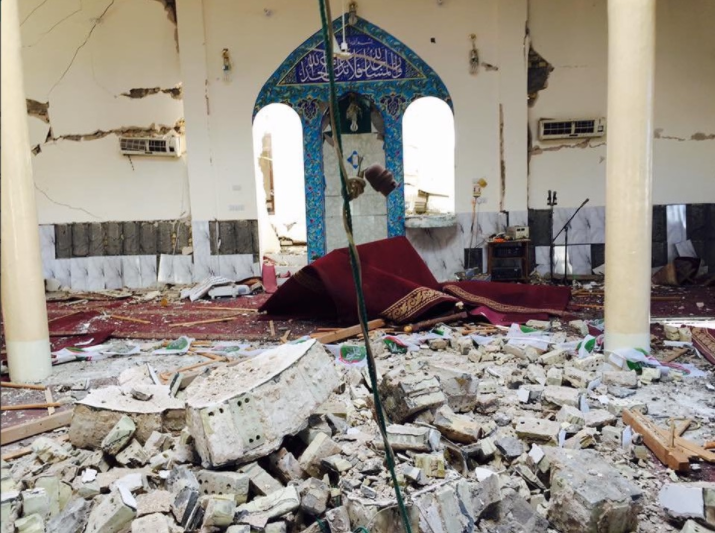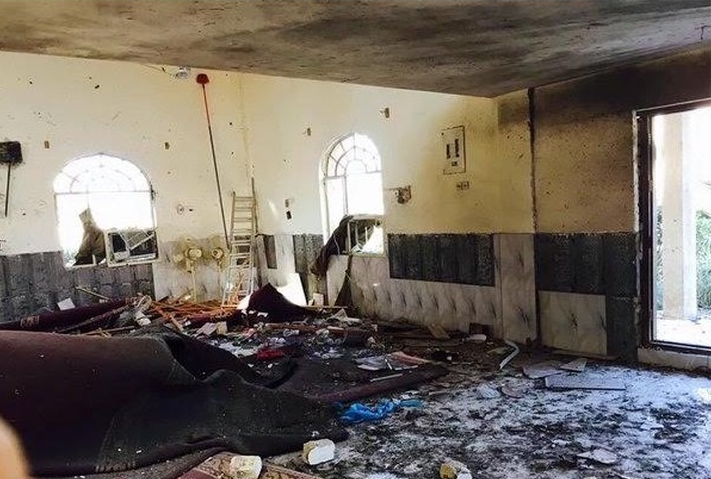Another tragedy befell the town of Iskandariyah that witnessed the departure of Mue'thin at one of the local mosques, yet to be named, murdered in his own home. While both attacks remain unclaimed, several locals in the area believe the culprits to be Shia militia, Abu al-Fadl al-Abbas. Fingers of blame has also been pointed at the Islamic State, while no official statement has been released by the terror group.
As such acts continue to walk the country into the unknown, the flames of discontent continue to burn, on either side of the so-called Sunni Shia divide. Ordinary people are paying the price, perplexed however by the retaliation Saudis execution has engendered. Many are asking why Iraq's Sunni community is paying with its blood, for a storm wreaked by Iran and the Kingdom of Saudi Arabia.
Most feared by civilians is a resurgence of 'revenge-style' attacks. Sunni's at large feel that local officials and state forces have offered few guarantees or protective measures to keep their community safe from harm, at a time of high risk. Fear is not only felt by Sunni's, the targets of yesterday's attacks, but Iraqi Shia's also fear they could be singled out and subjected to similar violence. Increasingly evident against the backdrop of these tragedies is that trauma still runs deep in a country whose history of sectarian violence haunts it's present as much as its past.



 RSS Feed
RSS Feed